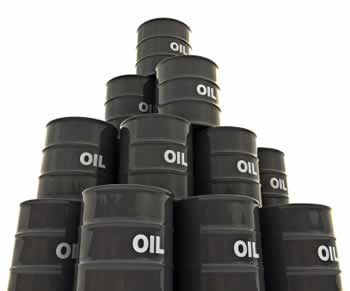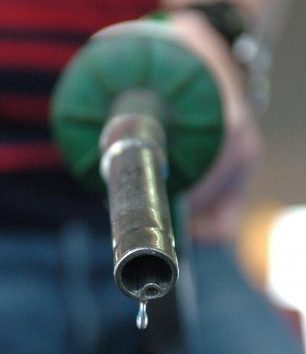
Lagos — Crude oil prices across both benchmarks, Brent and West Texas Intermediate, are up more than 1% today, snapping a six-day losing streak.
The gains in crude come amid positive signs that a deal could be reached to avert a broader trade war between China and the United States. In addition, China and the Eurozone have unexpectedly provided a series of positive signs about their economies, helping to support oil price gains as well.
Since Donald Trump’s inauguration as US president, there have been reassuring signs that he is not going to implement threats of imposing large-scale tariffs that would threaten the global economy, weaken demand for oil and drive down prices. Trump said his conversation with Chinese President Xi Jinping was positive and friendly, and that he was open to reaching a deal and that he was not in favor of imposing tariffs.
Trump’s mood to sign a deal also intersects with what could encourage China to stick to the negotiating track. It needs to avoid hurting its exports in an effort to achieve growth targets that rely mainly on external demand. China also has a number of factors that could facilitate the negotiating process, such as offering to buy more agricultural products from the United States, pumping investments into the United States, imposing strict restrictions on exports of materials used to make fentanyl, and facilitating negotiations to end the war in Ukraine, according to an expert who spoke to The Wall Street Journal.
In addition, China could counter the 10% tariffs by cutting taxes to support exports by exploiting the Chinese goods tax, according to The Journal. As for domestic demand in China, which is the most prominent weakness there, we are still seeing signs that consumer demand may continue to recover amid the holiday season. According to data compiled by Reuters, the number of trips during the 40-day festival season has increased from 8.4 billion last year to 9 billion this year, while the travel agency Qunar said that flight bookings have doubled this year compared to last year, and bookings to many Asian countries have increased from 50% to 100%, according to the World Travel and Tourism Council.
This activity by Chinese consumers comes amid the continuation of various support measures, which recently included packages related to consumption, which experts have repeatedly stressed the importance of.
So, if China can avoid an escalation in trade with the United States and spare its exports from harm and continues to provide support measures and we continue to see their impact on domestic consumption, we may have a better environment for domestic and foreign demand.
This could be a supportive factor for crude prices from the world’s largest importer of it to face the increase in production from the United States with the return of Trump.
In the eurozone, manufacturing activity contracted less than expected across the region, Germany and France in January, according to S&P Global preliminary PMI reports. Services continued to grow in the eurozone, accelerating more than expected in Germany but contracting faster than expected in France in the same period.
According to reports, business activity in Germany expanded for the first time in six months, indicating a recovery, while activity in France contracted at the slowest pace since September. Activity in the eurozone continued to expand for the 13th consecutive month. Moreover, new orders fell for the eighth consecutive month, but at a slower pace, as did exports, which recorded three consecutive years of contraction. As for sentiment, business optimism was reported to be stable below average and sharply higher in Germany and marginally higher in France.
The return of positive data from the eurozone, one of China’s strategic trading partners, should ease concerns about the potential impact of tariffs on the global economy and help crude prices resist downward pressure as well. The Eurozone and the EU are a potential alternative market for Chinese exports that may not be able to reach the US – unless the region also takes its protectionist policies.
*Samer Hasn, Senior Market Analyst at XS.com


